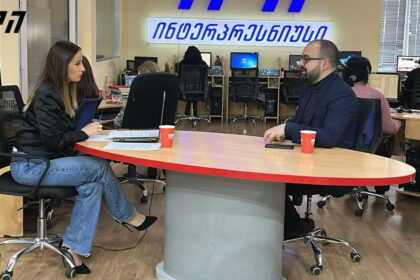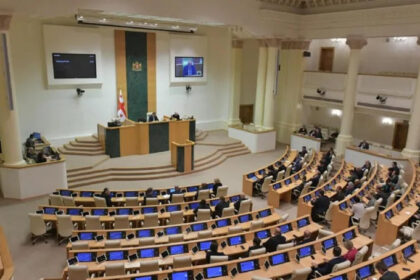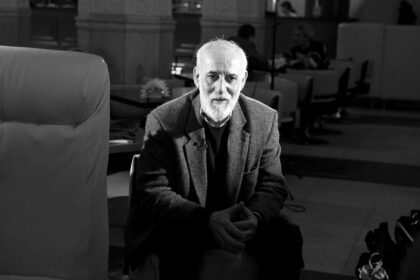**Court Monitoring in Georgia: A Step Backwards**
The situation with court monitoring in Georgia is becoming increasingly worrying. According to Giorgi Burjanadze, a legal advisor at the Center for Civil Society, the OSCE/ODIHR (Organisation for Security and Co-operation in Europe/Office for Democratic Institutions and Human Rights) cannot carry out monitoring without the consent of the judiciary. This consent has not been granted since December.
**A Shift in Power**
In 2013, it was Georgian Dream, the current ruling party, that requested OSCE/ODIHR to monitor court trials involving former government officials. At the time, they claimed to have “nothing to hide” and wanted observers to evaluate their actions. However, now that they are in power, it seems that they are not so keen on being monitored.
**A Methodology of Trust**
The OSCE/ODIHR has a well-established methodology for observing court proceedings, which is widely recognized as reliable. Their reports highlight problems identified during the trials and provide recommendations to improve the system. It’s surprising that Georgia, which claims to be committed to democracy and transparency, would block this type of monitoring.
**A Repeat of History**
Burjanadze pointed out that we are seeing a repeat of a situation from nearly 20 years ago when court trials were completely closed to the media. This is a worrying sign of regression in terms of transparency and accountability. In this context, external monitoring by the OSCE/ODIHR becomes even more critical.
**What’s at Stake**
The lack of access to information about court proceedings undermines trust in the judiciary and the government. It creates an environment where corruption can thrive and justice is not served. The international community should be concerned about Georgia’s backtracking on democratic principles and transparency.
Read More @ www.interpressnews.ge












